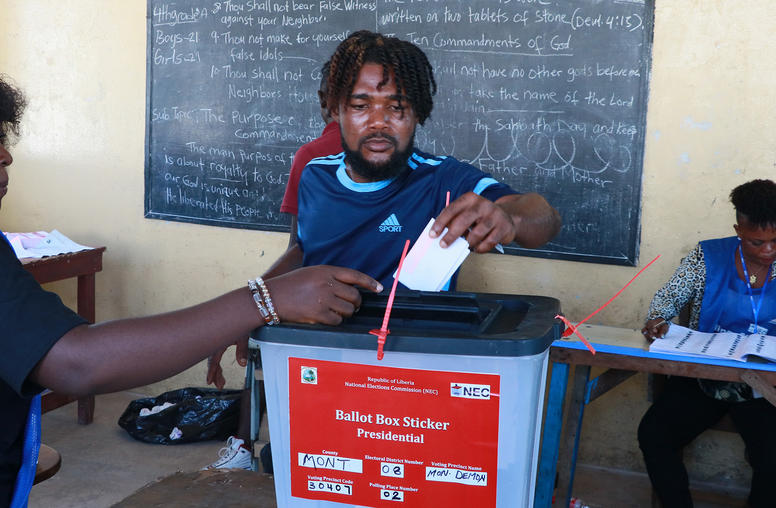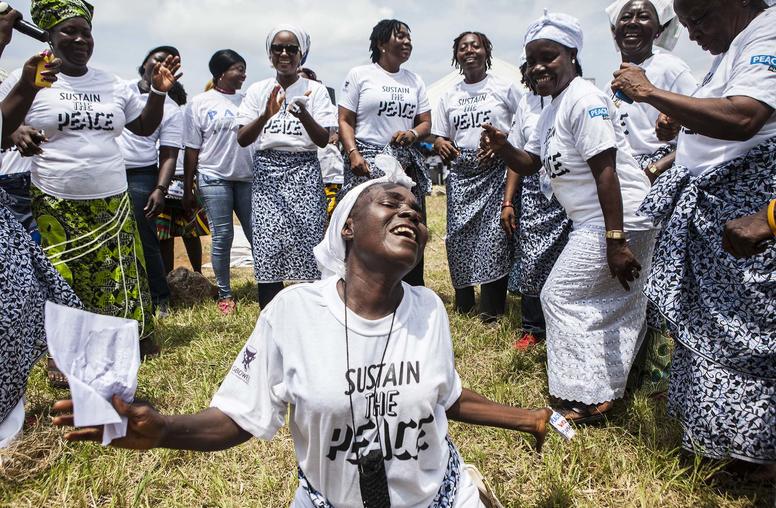Revisiting Security Sector Reform in Liberia: A Discussion with the Liberian Defense Minister
This event, co-hosted by the United States Institute of Peace (USIP) and the Center for Strategic and International Studies (CSIS), will feature Liberian Defense Minister Brownie Samukai who will discuss prospects for peace in Liberia and the sub-region.
Improving Liberia’s security sector has been high on the agenda since the country’s return to democratic rule following the 2005 elections. Historically, Liberia’s security forces have been the source of unrest, oppression, intimidation and human rights violations. Recent reform efforts have focused on demobilizing and disarming former combatants, rebuilding the military and police forces, and refocusing attention on human security.
As Liberians prepare for the October 2011 elections, the implications of lingering insecurity and mixed results from security sector reform initiatives weigh heavily on their minds. Have former combatants (particularly rebel groups and militias) been effectively demobilized and rehabilitated? Are Liberia’s new security forces (military and police) adequately prepared to address current and emerging threats? The situation is further complicated by growing unrest in neighboring Cote d’Ivoire and the influx of thousands of refugees. How is Liberia handling the humanitarian and security ramifications of these developments? What role could Liberia’s partners play in promoting peace in West Africa’s conflict-ridden Mano River region?
This event, co-hosted by the United States Institute of Peace (USIP) and the Center for Strategic and International Studies (CSIS), will feature Liberian Defense Minister Brownie Samukai who will discuss prospects for peace in Liberia and the sub-region.
Speakers:
- Hon. Brownie Samukai, Featured Speaker
Minister of Defense, Republic of Liberia - Jennifer Cooke,Panelist
Director, CSIS Africa Program - Bernadette Paolo,Panelist
President and CEO, The Africa Society - Michael Bittrick, Panelist
Deputy Director of Security Affairs, Office of Regional and Security Affairs Africa Bureau, U.S. State Department - Raymond Gilpin, Moderator
Director, Sustainable Economies, USIP
Explore Further:
- Watch the Webcast
- View USIP's Center for Sustainable Economies
- Countries and Regions: Liberia
- Read Smart Power for Sustainable Peace in Cote d'Ivoire by Raymond Gilpin
- Learn more about the International Network for Economics and Conflict


